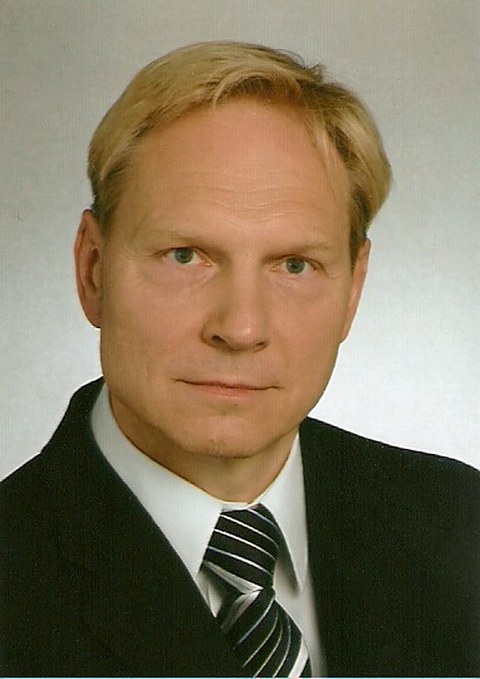Prof. Dr. rer. nat. habil. Uwe Schlink
Research focus
- Urban climate research, thermal comfort, urban air pollutants
- Personal exposure and vulnerability to extreme events in urban areas
- Personal environmental sensing
- Urban climate and micro-meteorological modelling
- Data assimilation
- Urban adaptation to climate change
- Statistical models, Bayesian methods
Inhaltsverzeichnis
Curriculum Vitae
|
Schlink, Uwe, Prof. Dr. rer. nat. habil. |
|
|
Official position |
Scientist |
|
Institution |
Department Stadt- und Umweltsoziologie; Helmholtz-Zentrum für Umweltforschung - UFZ |
|
Business address |
Helmholtz-Zentrum für Umweltforschung - UFZ Permoserstraße 15, 04318 Leipzig |
Academic education and degrees
|
1980-1985 |
Diploma in Physics, Technische Universität Dresden |
|
1995 |
PHD, Institute for Meteorology, University of Leipzig |
Professional career
|
1992-2012 |
Scientist in exposure research, UFZ Leipzig |
|
1998 |
Guest scientist, University of Brescia, Italy |
|
2003 |
Habilitation, venia legendi, Institute for Meteorology, University Leipzig |
|
Since 2003 |
Teaching in Biometeorology, applied meteorology, statistics |
|
Since 2013 |
Scientist at the Department of Urban and Environmental Sociology, UFZ Leipzig |
|
2014-2020 |
Leading the work package Environmental Risks & Vulnerability, Integrated Project Urban Transformations |
Honors, awards and positions
|
2009 |
Honorary professor, Institute for Meteorology |
10 most important peer-reviewed papers
(10 out of: 84, SCOPUS h-index: 30)
Schlink U, Ueberham M, Perspectives of individual-worn sensors assessing personal environmental exposure. Engineering, in print.
Marquart H, Schlink U, Ueberham M. The planned and the perceived city: A comparison of cyclists' and decision-makers' views on cycling quality. J Transp Geogr. 2020;82: 102602.
Schlink U, Mohamdeen A, Raabe A. Temporal modes and spatial patterns of urban air temperatures and limitations of heat adaptation. Environ Modell Softw. 2020; 132: 104773.
Hertel D, Schlink U. Decomposition of urban temperatures for targeted climate change adaptation. Environ Modell Softw. 2019; 113: 20-28.
Hertel D, Schlink U. How to convert urban energy balance into contributions to urban excess temperatures? MethodsX 2019;6: 132-142.
Ueberham M, Schlink U, Dijst M, Weiland S. Cyclists’ multiple environmental urban exposures—comparing subjective and objective measurements. Sustainability. 2019; 11(5): 1412.
Koch F, Bilke L, Helbig C, Schlink U. Compact or cool? The impact of brownfield redevelopment on inner-city micro climate. Sust Cities Soc. 2018;38: 31-41.
Schlink U, Hertel D. Inverse modelling of snow depths. Environ Modell Softw. 2018;110: 62-71.
Ueberham M, Schlink U. Wearable sensors for multifactorial personal exposure measurements – A ranking study. Environ Int. 2018;121: 130-138.
Ueberham M, Schmidt F, Schlink U. Advanced smartphone-based sensing with open-source task automation. Sensors 2018;18(8): 2456.

